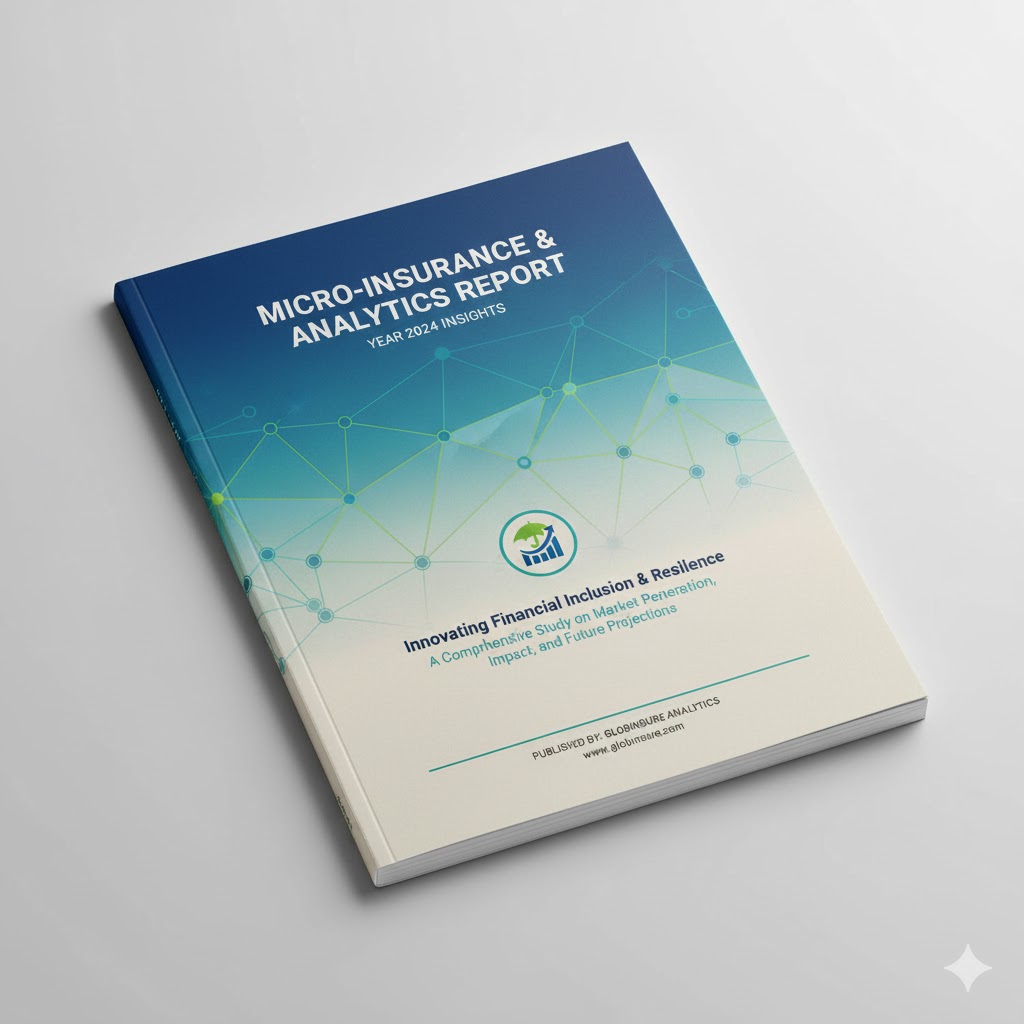Displaying 1 - 10 of 10

Case brief: FASECOLDA
Case brief: FASECOLDA. This entry presents the activities led by the Federation of Colombian Insurers (Fasecolda) to strengthen inclusive insurance in Colombia. It covers efforts in financial education, technical training, regulatory engagement, and the promotion of innovative products for underserved segments. The case demonstrates how institutional leadership and coordinated action have advanced capacity building and inclusion in the Colombian insurance sector.

Enhancing Agricultural Productivity through Yield Estimation Initiatives in Partnership with the Farm-to-Market Alliance
Details ACRE Africa & FtMA project in Kenya to improve crop index insurance using geo-mapped yield data and local training.
Date Issued
2024
Topics
Products
Region

InsuResilience Solutions Fund – Development of an Insurance Programme for Public Schools in Peru
Public-private partnership to insure 50,000+ Peruvian public schools against natural disasters with parametric payouts. Led by APESEG and ISF with support from IDF, AXA XL, and Munich Re.
Date Issued
2021
Topics
Products

Making Climate Risk Microinsurance Work. Case Study: MiCRO & Aseguradora Rural (AR), Guatemala
Partnership between MiCRO and Aseguradora Rural to deliver parametric climate microinsurance to smallholder farmers and microentrepreneurs in Guatemala through bundled loans.
Date Issued
2022
Topics

Making Microinsurance Work, Scale2Save Learning Paper
Making Microinsurance Work: This learning paper by Scale2Save explores the challenges affecting the uptake of microinsurance across emerging markets. Drawing from real-world case studies in Côte d'Ivoire and Nigeria, it identifies key barriers and presents practical strategies to boost adoption. The report highlights innovative distribution approaches, customer education tactics, and partnership frameworks that drive scale and sustainability for inclusive insurance services.
Date Issued
2021
Topics
Products
Region

Microinsurance and Social Protection: Fiji Country Case Study
WFP and UNCDF piloted cyclone parametric insurance in Fiji for ~325 vulnerable households. This macro–micro model enabled payouts via mobile wallets within 3–5 days after disasters, offering financial protection to the poorest social welfare recipients.

Promoting access to insurance for people with disabilities and small and micro entrepreneurs – The case of El Salvador
In El Salvador, most small farmers and micro-entrepreneurs face frequent economic and climate shocks without adequate insurance. To bridge this gap, the World Food Programme and local partners are piloting an innovative insurance solution covering over 950 farmers and micro-entrepreneurs (46% women) against business interruption caused by excess rainfall, drought, or earthquakes.

Skyline Partners: Protecting Jamaican Credit Unions from Tropical Cyclones with FatTrack™ Parametric Insurance: Timely Payouts During Hurricane Beryl
The document presents a case study on Skyline Partners' FatTrack™ parametric insurance solution, designed to protect Jamaican Co-operative Credit Unions (JCCUL) from financial risks associated with major hurricanes. Utilizing independently reported wind field data, the solution offers precise and timely payouts, as demonstrated during Hurricane Beryl.
Date Issued
2025
Topics

The Growth of Inclusive Insurance in Zambia
Details how Zambia created an inclusive insurance ecosystem through coordinated efforts and industry-wide stakeholder engagement. Zambia's Technical Advisory Group (TAG) led a structured process to align stakeholders, catalyze innovation, and grow the microinsurance market.
Date Issued
2016
Topics
Products
Region

World Food Programme's Sahel Climate Catastrophe Layer
The document describes the Sahel Climate Catastrophe Layer (SCCL) by the World Food Programme (WFP), a parametric insurance covering vulnerable populations against extreme droughts in Burkina Faso, Mali, and Niger. The initiative enables rapid, pre-financed disaster response, complements national risk financing tools, and strengthens regional climate resilience.
Date Issued
2025
Topics
Region
